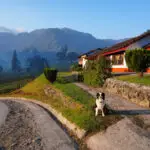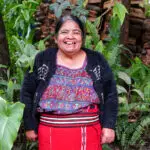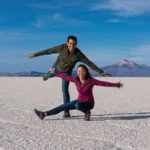To Be REAL
To Be REAL
To Be REAL
“Lessons from Guatelmala”
Guatemala struck something deep in my soul—a low, steady rumble, like the active volcanoes surrounding us. I knew we’d witness poverty and what many would call oppression. I knew my heart would sometimes feel caught between a pair of vice grips, my compassion stretched to its limits. I also knew these experiences would change me: they’d deepen my connection to Mother Earth, to humanity, and to the core of my own existence. They’d expand my capacity for both joy and sorrow and bring me closer to understanding the mysterious forces of human nature. Guatemala has been a part of this unfolding.
Throughout our travels, I’ve had the privilege of sitting down with many people and discussing the nature of humanity. One topic kept surfacing—anger. Conversations about anger naturally brought pain and sorrow to the forefront: personal, familial, societal, and collective. Our time in Guatemala has been both full of joy and full of sorrow. One moment, we were surrounded by nature, witnessing the miracle of life among self-sustaining indigenous communities preserving their ancestral lineage. The next, we were confronted with the harsh reality of gender-based violence: intra-family abuse, silenced victims, and advocates punished—or even killed—for daring to fight back.
In Antigua, we met the program director of an NGO I’d helped launch years ago in the United States. The program, REALgirl, was designed to empower teen and tween girls. A decade later, it had expanded to Hong Kong and Guatemala to educate young people about gender equality. But the Guatemalan director saw the need for something more: a program for boys. He’d watched violence and bullying start early, shaping both the boys’ actions and their own suffering under a system that stripped them of humanity. When I asked how anger showed up in this culture, he took a deep breath and replied with one word: “Silence.”
In these workshops, students unpack harmful cultural messages like, “You’re not a man unless you’re Machismo,” and, “You’re a pretty woman when you’re quiet.” They learn to use their voices when they experience or witness disempowerment, though most discover the hardest place to do so is at home. Karl and I visited a public school on the outskirts of Antigua to watch a session in action. My heart filled with joy seeing education on gender equality being planted in the community. Yet it also ached with sorrow, knowing that across much of the world—even in the United States—violence against women remains deeply entrenched.
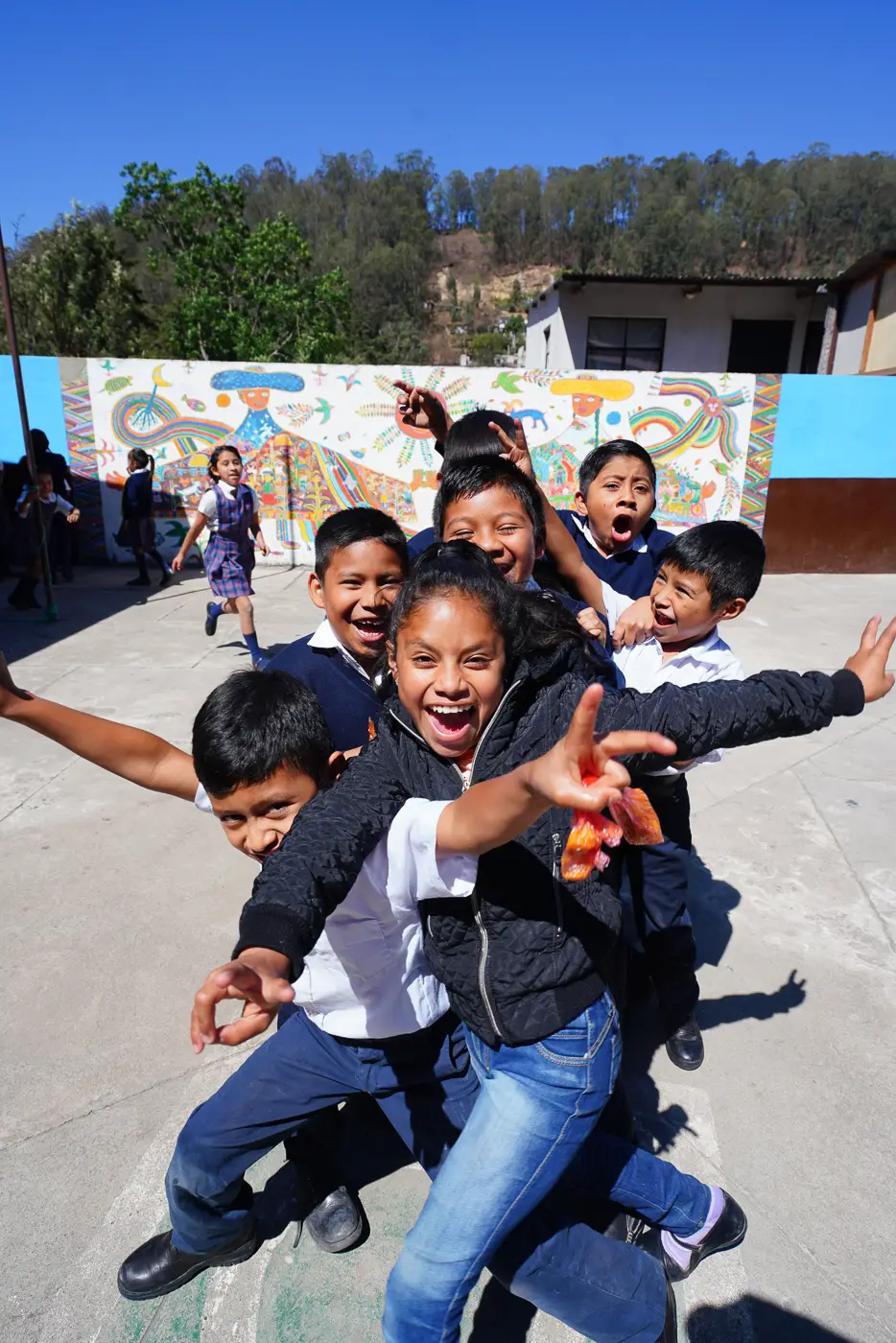
Lessons from Guatemala
My Biggest Takeaway was this: a renewed claim to my own right to exist—as a cisgender woman with my own voice and experiences, no matter the cultural messages I’ve been given otherwise. During our travels, I often felt like I didn’t belong, like I didn’t have a right to be here. At times, it even felt unsafe. But one day it struck me: this feeling was far too familiar—and false. I do have a right to be here. I have a right to exist, in any context.
Sometimes, I imagine Mother Earth weeping in sorrow at her state of imbalance—a world where exercising the simple right to exist can put one’s safety at risk. Still, I believe we are evolving, slowly but surely, toward balance and wholeness, no matter how inhumane things may seem. Nothing is black and white. Darkness cannot exist without light; joy cannot exist without sorrow. Somewhere in between, they meet, hold hands, and weep together.
There are incredible people in Guatemala exercising their right to exist and standing up for others’. Please check out their causes and their work to learn more:
- SERniña
- Network of Ixiles Women
- Elena and Daniel of Chez Daniel, Antigua – Elena has dedicated 30 years to educating Ixil children, graduating over 400 students past 6th grade. Daniel has spent three decades photographing Guatemala’s history, preserving stories that might otherwise be lost.
Comments are closed.
adventure.wolves
